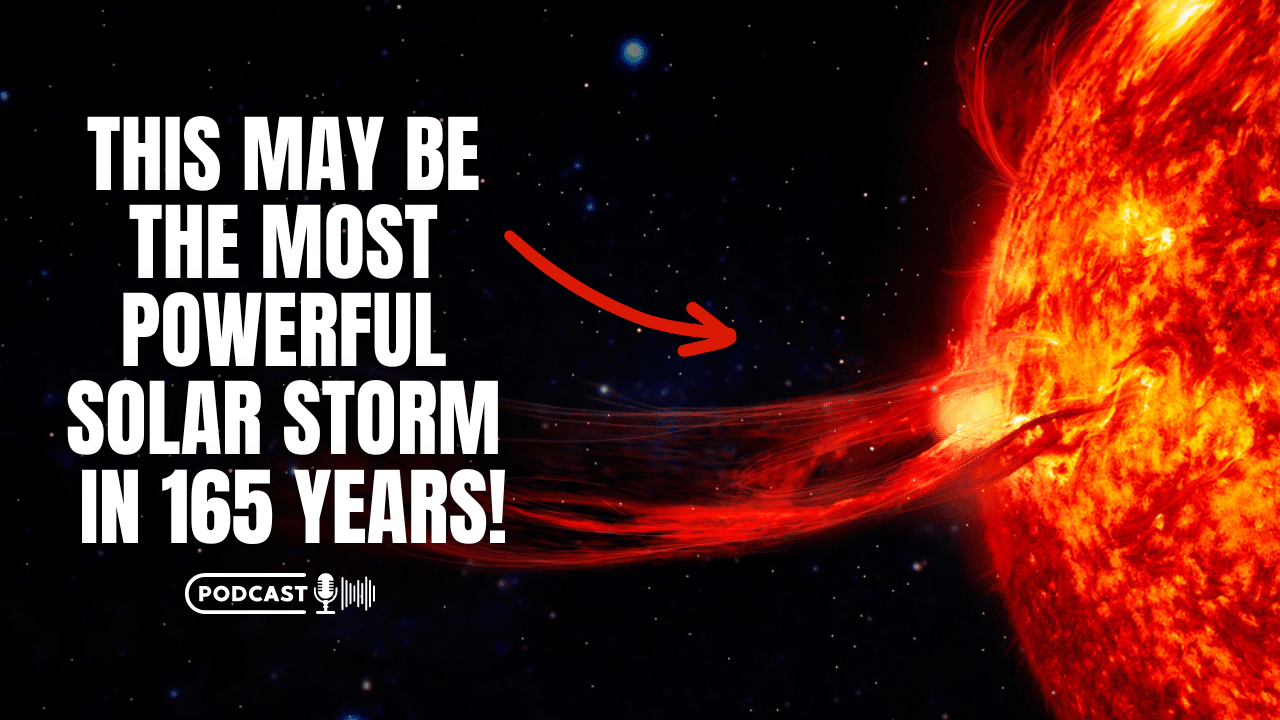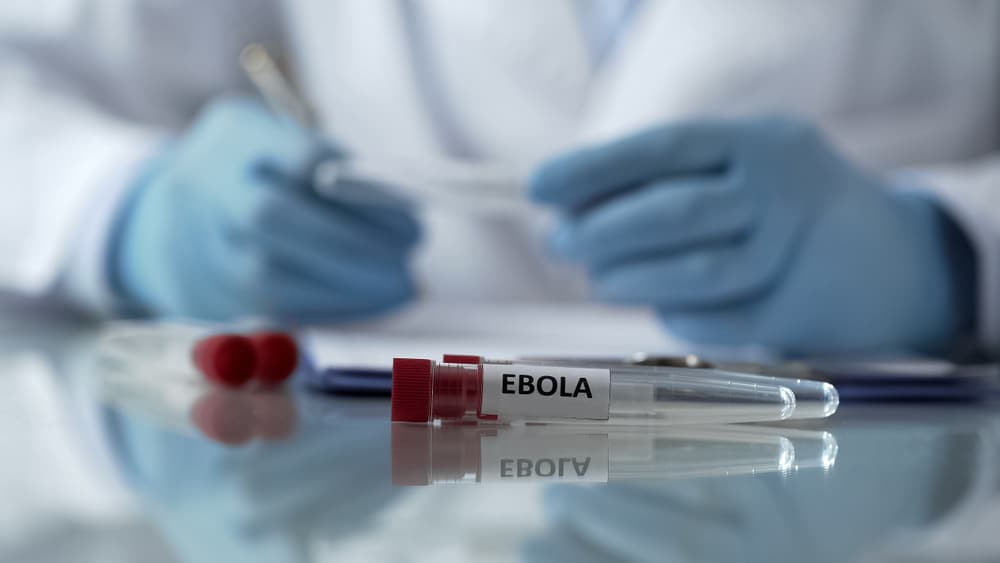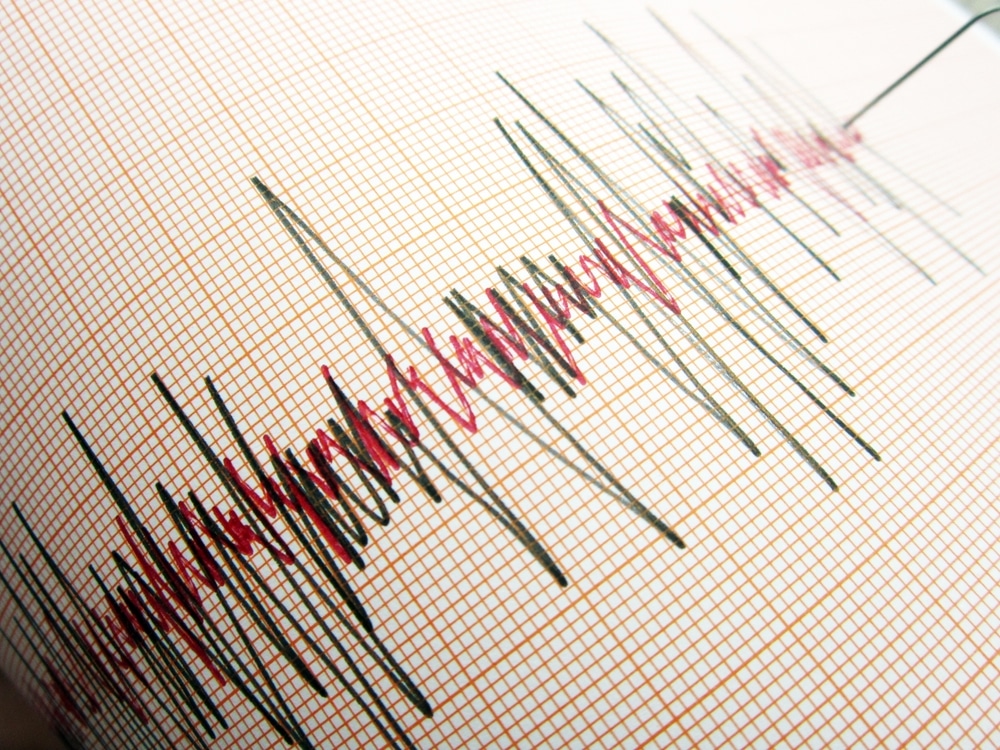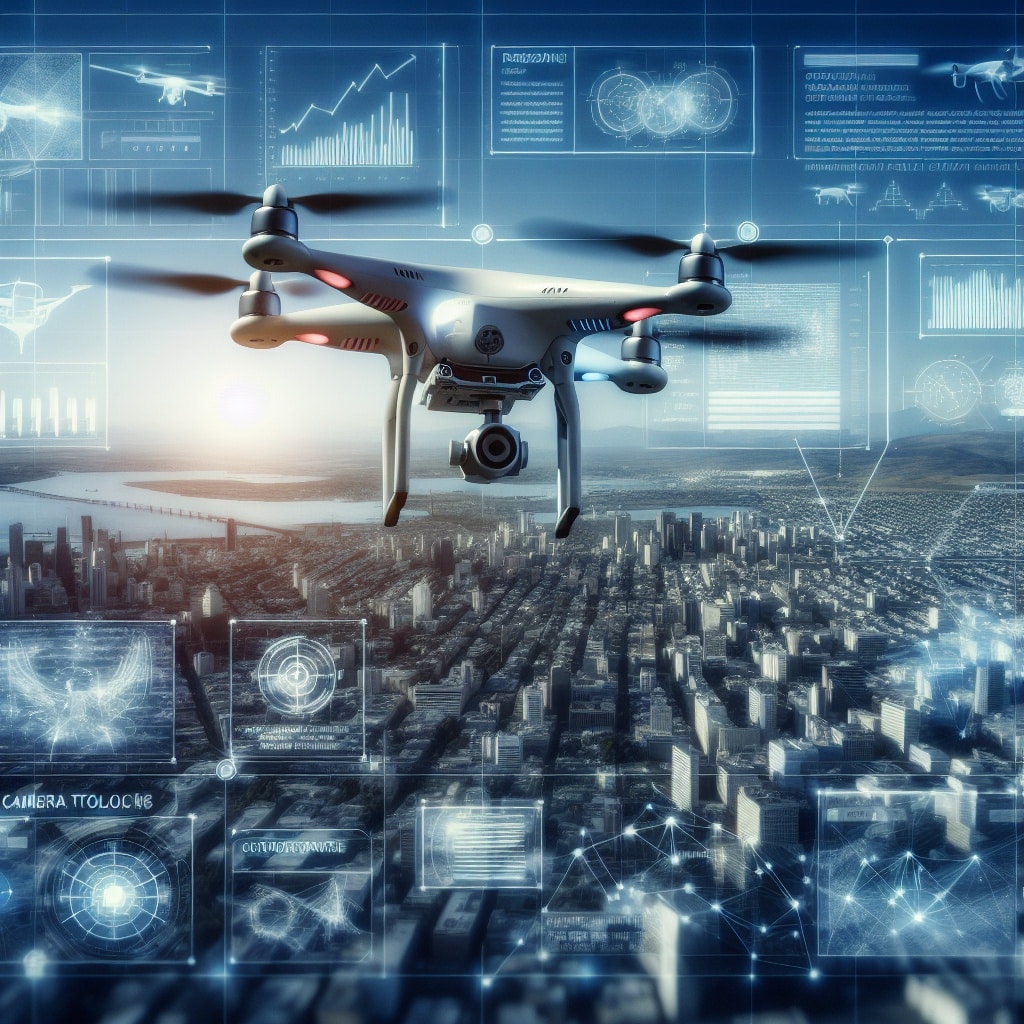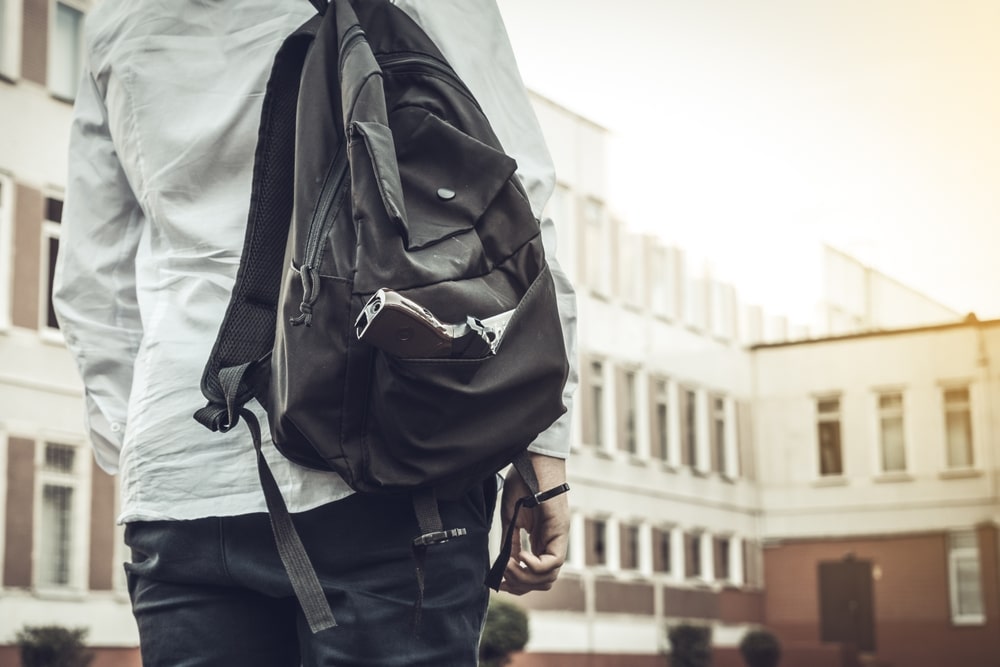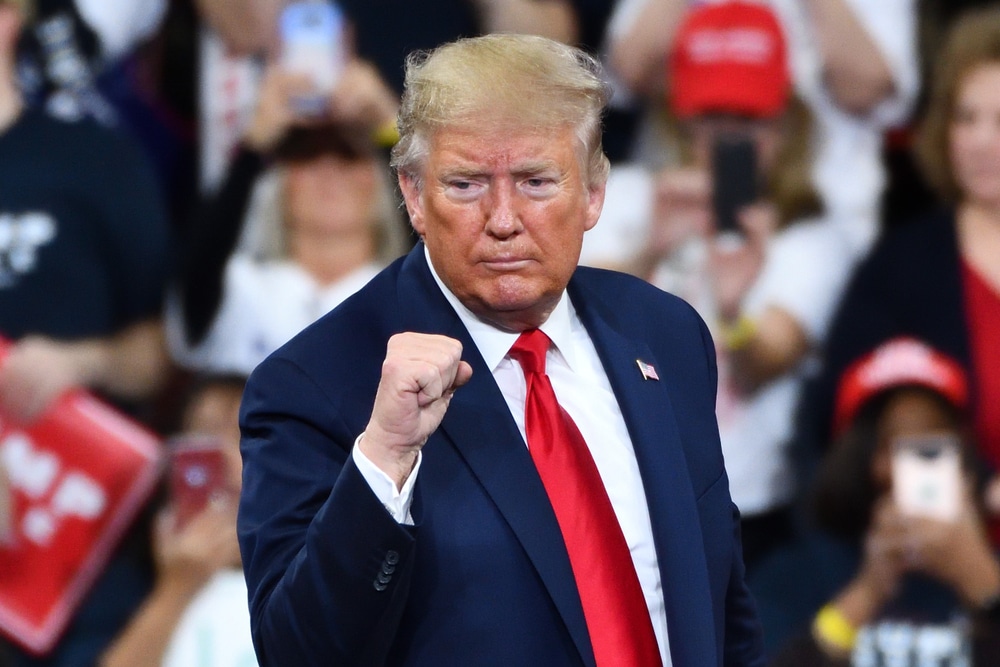Federal agencies are secretly accumulating mountains of data that could be used for “blackmail, stalking, harassment and public shaming” of American citizens.
According to the NYP, That allegation doesn’t come from a pink-haired civil liberties fanatic — it’s in a new report for the nation’s chief spymaster, Avril Haines.
The Fourth Amendment recognized Americans’ right “to be secure . . . against unreasonable searches and seizures.” But Washington is mothballing that lofty standard for a new motto: “Those who have nothing to hide have nothing to fear.”
The latest federal surveillance tsunami is being spurred by purchases of commercially available information (CAI) that private companies vacuum up from data from smartphones, computers and other digital devices and trackers.
“CAI Increases the Power of the Government,” warns the Office of the Director of National Intelligence report. “The government would never have been permitted to compel billions of people to carry location tracking devices on their persons at all times, to log and track most of their social interactions, or to keep flawless records of all their reading habits.”
Yet that’s what happens nowadays. Federal agencies have always been permitted to use publicly available information for investigations.
But the contrast between that data and the new data is the difference between “a ride on horseback” and “a flight to the moon,” as a federal court declared in 2014.
The Supreme Court ruled in 2018 that police need a search warrant to seize tracking data on a person’s car. But government agencies can simply purchase the same information from data brokers.
Sen. Ron Wyden (D-Ore.) cautions, “If the government can buy its way around Fourth Amendment due-process, there will be few meaningful limits on government surveillance.”
The Centers for Disease Control and Prevention bought private data from tens of millions of cellphones to check obedience to COVID lockdown and curfew decrees.
A California county paid for information revealing how many people attended each church during COVID lockdowns. The Internal Revenue Service purchased location and tracking data from a private firm that sells data harvested from dating apps.



